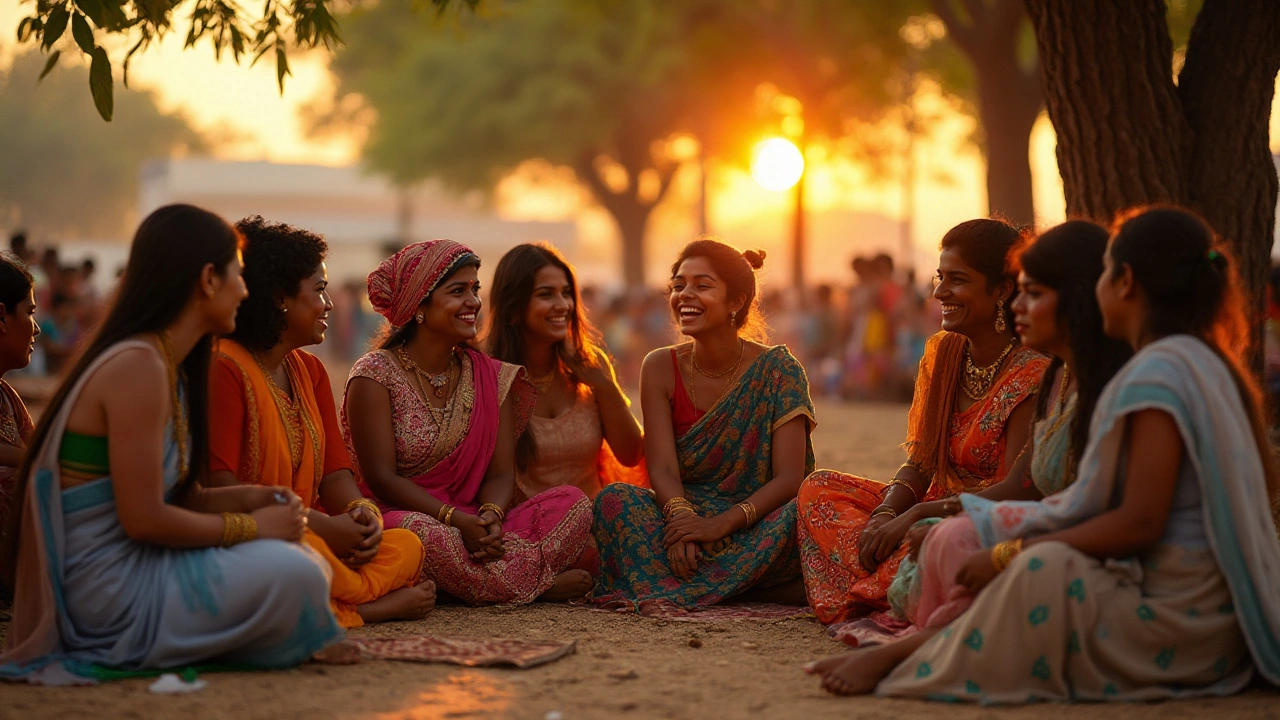Indian Friendship Terms You Should Know
Ever wondered what to call a buddy in India? From "yaar" to "dost," the country has a handful of words that show love, respect, and fun. Knowing these terms helps you fit in, break the ice, and keep conversations light.
Basic Words Everyone Uses
Yaar – This is probably the most common word for a friend. It works for both male and female friends and can be casual or affectionate. You’ll hear it in movies, songs, and everyday chatter. Example: "Hey yaar, how’s your day?"
Dost – Directly borrowed from Hindi, "dost" means friend. It feels a bit more formal than "yaar" but still friendly. Use it when you want to sound a touch more respectful: "My dost is coming over tonight."
Saheli / Saheliya – These are the words for a female friend. "Saheli" is singular, while "saheliyan" is the plural. You might say, "She’s my saheli from college."
Yaarana – Not a name for a person, but a description of friendship. It captures the bond itself: "Our yaarana has lasted ten years."
Regional Flavors and Slang
India’s languages add spice to friendship talk. In Tamil, you’ll hear nanban for friend. In Punjabi, yaar stays the same, but you might add jatti for a girl friend. In Bengali, bondhu is the go‑to term. Even in Marathi, mitra works for both genders.
Some slang blends English and Hindi. "Buddy" becomes "buddi" or "buddhu" in casual chats. Young people love adding "-jee" after a name for a polite touch, like "Rohit-jee" when they’re still close.
For tight‑knit groups, you’ll hear "bhai" or "bhaiyya" used like "bro" in English. It’s common among male friends: "What’s up, bhai?" Women sometimes use "behen" (sister) in a friendly way, especially when they’re close: "Hey, behen, need your advice."
When you want to show extra affection, add "‑waala" or "‑wale" to a term. "Yaar‑wala" means the friend who’s always there. It’s a playful way to emphasize loyalty.
Remember, tone matters. Saying "yaar" in a harsh voice can sound sarcastic, while a gentle tone shows warmth. The same goes for "dost" – used politely, it’s respectful; used carelessly, it can feel distant.
So next time you chat with an Indian friend, try swapping in one of these terms. You’ll sound more natural, and your friend will appreciate the effort. Keep it simple, match the vibe of the conversation, and you’ll fit right in.
